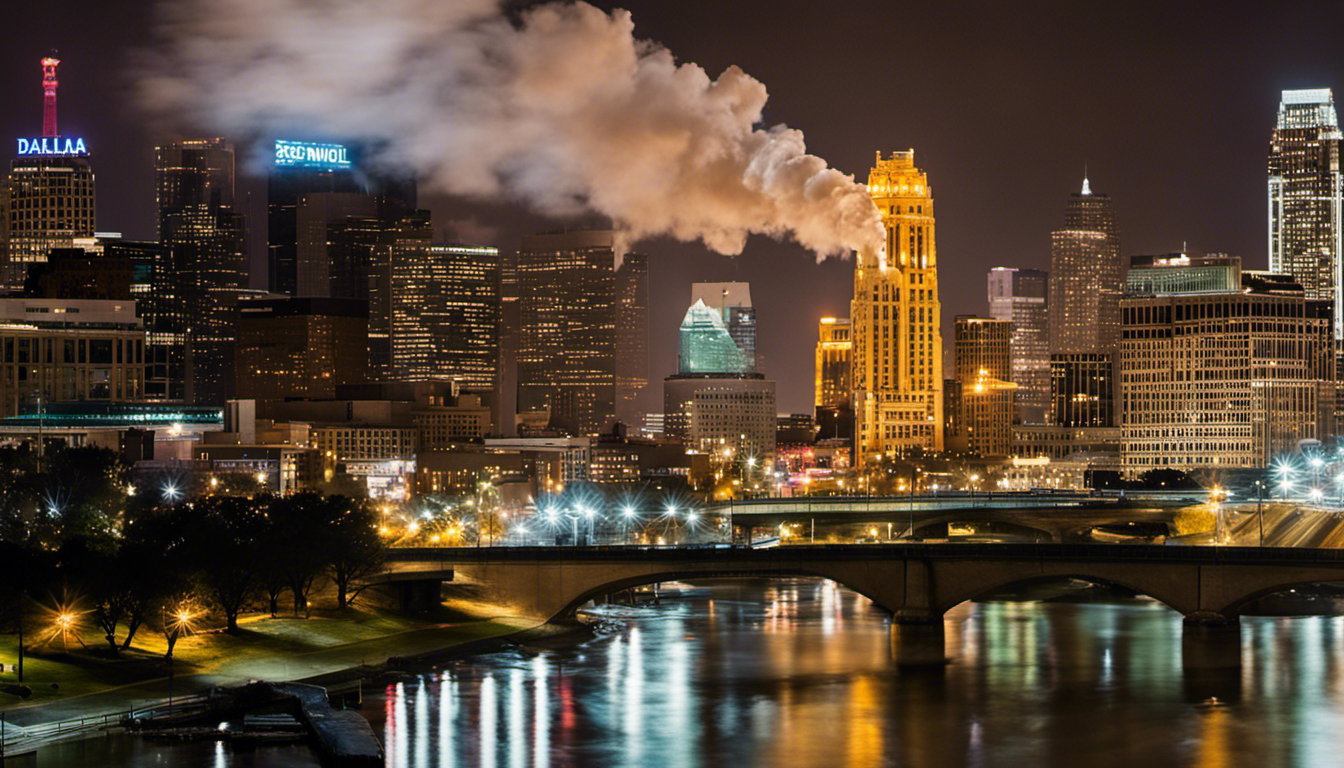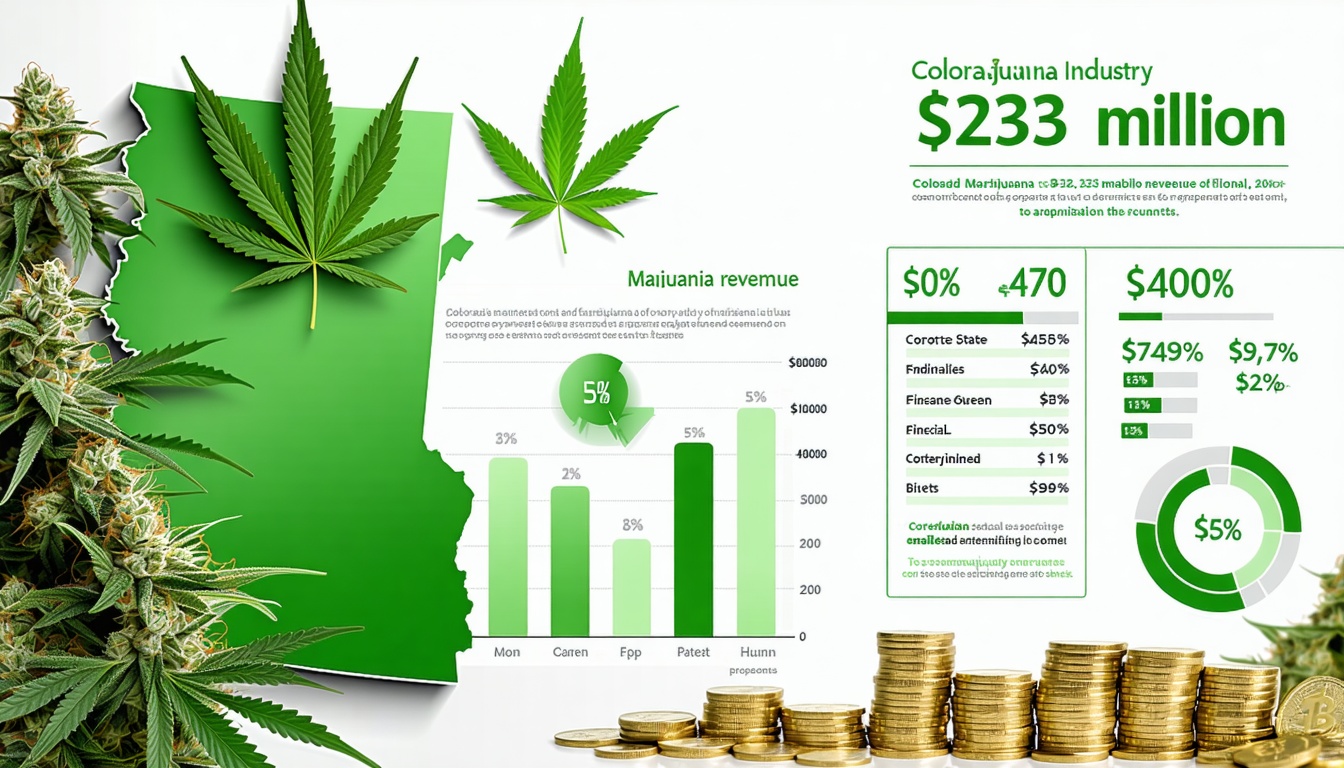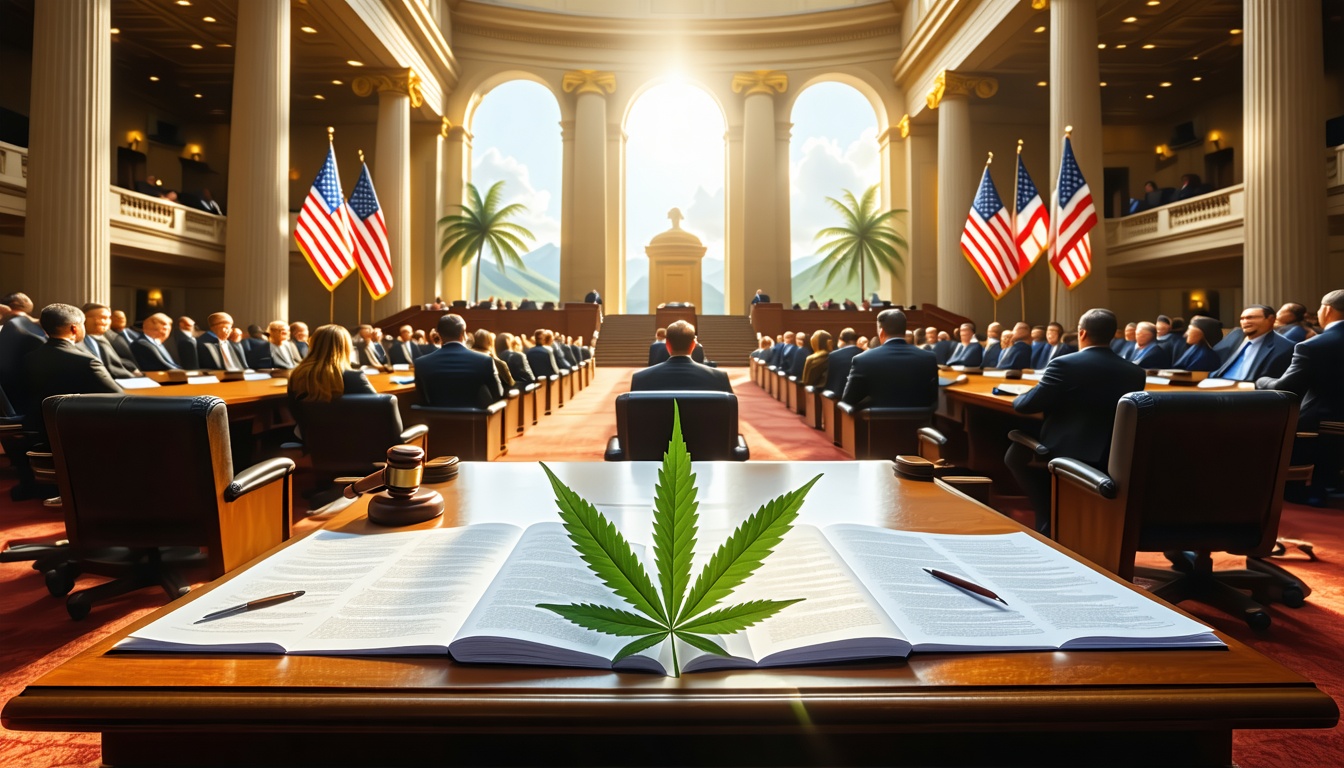Dallas Takes a Step Towards Better Public Health by Banning Vaping and Adding Marijuana to Citywide Smoking Prohibition
The Dallas City Council has passed a new ordinance that bans the use of vapes and e-cigarettes across the city, as well as adds marijuana to the city’s definition of “smoke or smoking”. The move is aimed at promoting public health and reducing the risks associated with smoking.
The new policy defines “electronic smoking devices” to include e-cigarettes and vape pens, and prohibits their use in indoor and outdoor areas, including parks and within 15 feet of building entrances. The ordinance also includes a ban on dab rigs, which are water pipes used to smoke marijuana extracts and oils.
The council’s decision was supported by local health advocates, including the American Lung Association and the American Heart Association. John Palmer, a local board member of the American Lung Association, emphasized the importance of smoke-free indoor air laws in reducing tobacco use and protecting employees and patrons from second-hand smoke.
The ordinance also includes a change in the definition of “smoke or smoking”, which now includes devices used to smoke tobacco or plant products, including marijuana or cannabis in any form. This change was made after a mid-September council briefing, and a city spokesperson confirmed that the prohibition on marijuana smoking did not exist prior to this amendment.
The move comes after Dallas voters overwhelmingly approved Proposition R, which decriminalized up to four ounces of marijuana in the city and put new limits on when police officers can make arrests for the substance. Deputy Mayor Pro Tem Adam Bazaldua and Council Member Chad West, who both supported the proposition, emphasized that the new ordinance is focused on public health and does not prohibit the use of marijuana altogether.
Despite the support for the new policy, the city has already faced legal action from Texas Attorney General Ken Paxton, who sued Dallas over the proposition, claiming that cities cannot pick and choose which state laws they follow.












